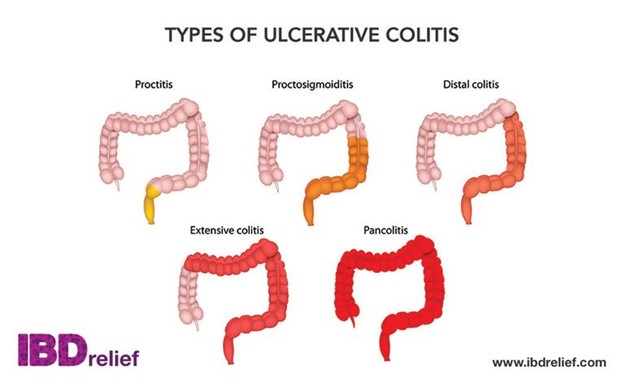A nurse is caring for a client who is 12 hours postoperative following a transurethral resection of the prostate (TURP) and has a 3-way urinary catheter with continuous irrigation. The nurse notes there have not been any urinary output in the last hour. Which of the following actions should the nurse perform first?
Administer antispasmodic medications.
Notify the provider.
Offer oral fluids.
Determine the patency of the tubing.
The Correct Answer is D
Choice A Reason: Administering antispasmodic medications is not the first action that the nurse should perform, as it may not resolve the problem of urinary output or irrigation flow.
Choice B Reason: Notifying the provider is not the first action that the nurse should perform, as it may delay the intervention and worsen the outcome.
Choice C Reason: Offering oral fluids is not the first action that the nurse should perform, as it may increase fluid overload or bladder pressure.
Choice D Reason: Determining the patency of the tubing is the first action that the nurse should perform, as it may identify and correct any obstruction or kinking that prevents urinary output or irrigation flow.
Nursing Test Bank
Naxlex Comprehensive Predictor Exams
Related Questions
Correct Answer is A
Explanation
Choice A Reason: Managing diarrhea is the priority goal for the client's care, as it helps to prevent dehydration, electrolyte imbalance, malnutrition, and infection.
Choice B Reason: Promoting rest and comfort is an important goal for the client's care, but it is not the priority, as it does not address the underlying cause of the exacerbation.
Choice C Reason: Increasing self-esteem is a long-term goal for the client's care, but it is not the priority, as it does not affect the physical condition of the client.
Choice D Reason: Promoting self-care and independence is a long-term goal for the client's care, but it is not the priority, as it does not affect the acute symptoms of the exacerbation.

Correct Answer is ["A","B","D"]
Explanation
Choice A Reason: Weight gain is a common finding in hypothyroidism, as the decreased thyroid hormone level causes the metabolism to slow down and the body to store more fat.
Choice B Reason: Constipation is a common finding in hypothyroidism, as the decreased thyroid hormone level causes the gastrointestinal motility to decrease and the stools to become hard and dry.
Choice C Reason: Rapid pulse is not a common finding in hypothyroidism, but it may indicate other conditions such as hyperthyroidism or anxiety.
Choice D Reason: Decreased energy is a common finding in hypothyroidism, as the decreased thyroid hormone level causes the body to feel tired and sluggish.
Choice E Reason: Hypertension is not a common finding in hypothyroidism, but it may indicate other conditions such as renal disease or cardiovascular disease.
Whether you are a student looking to ace your exams or a practicing nurse seeking to enhance your expertise , our nursing education contents will empower you with the confidence and competence to make a difference in the lives of patients and become a respected leader in the healthcare field.
Visit Naxlex, invest in your future and unlock endless possibilities with our unparalleled nursing education contents today
Report Wrong Answer on the Current Question
Do you disagree with the answer? If yes, what is your expected answer? Explain.
Kindly be descriptive with the issue you are facing.
